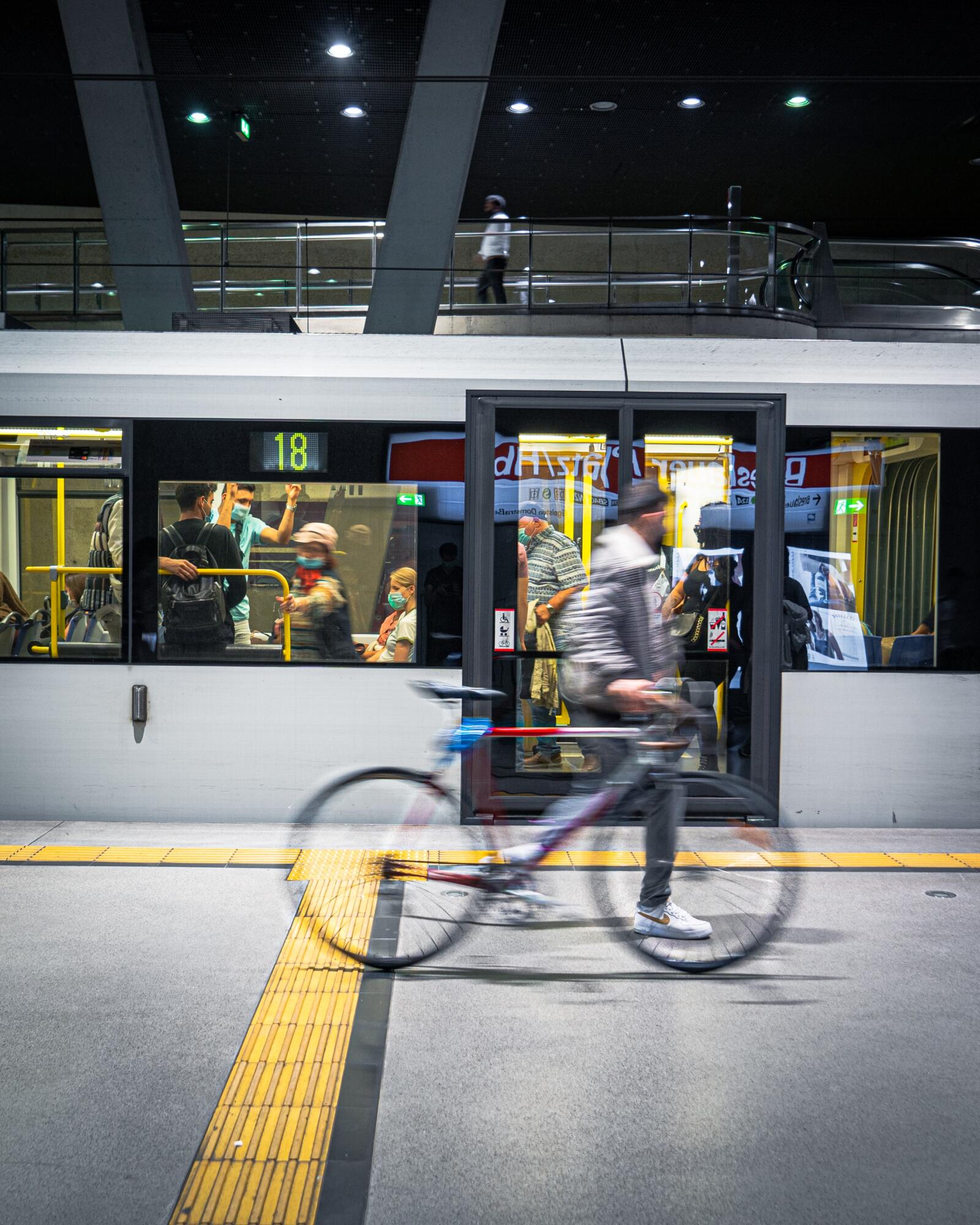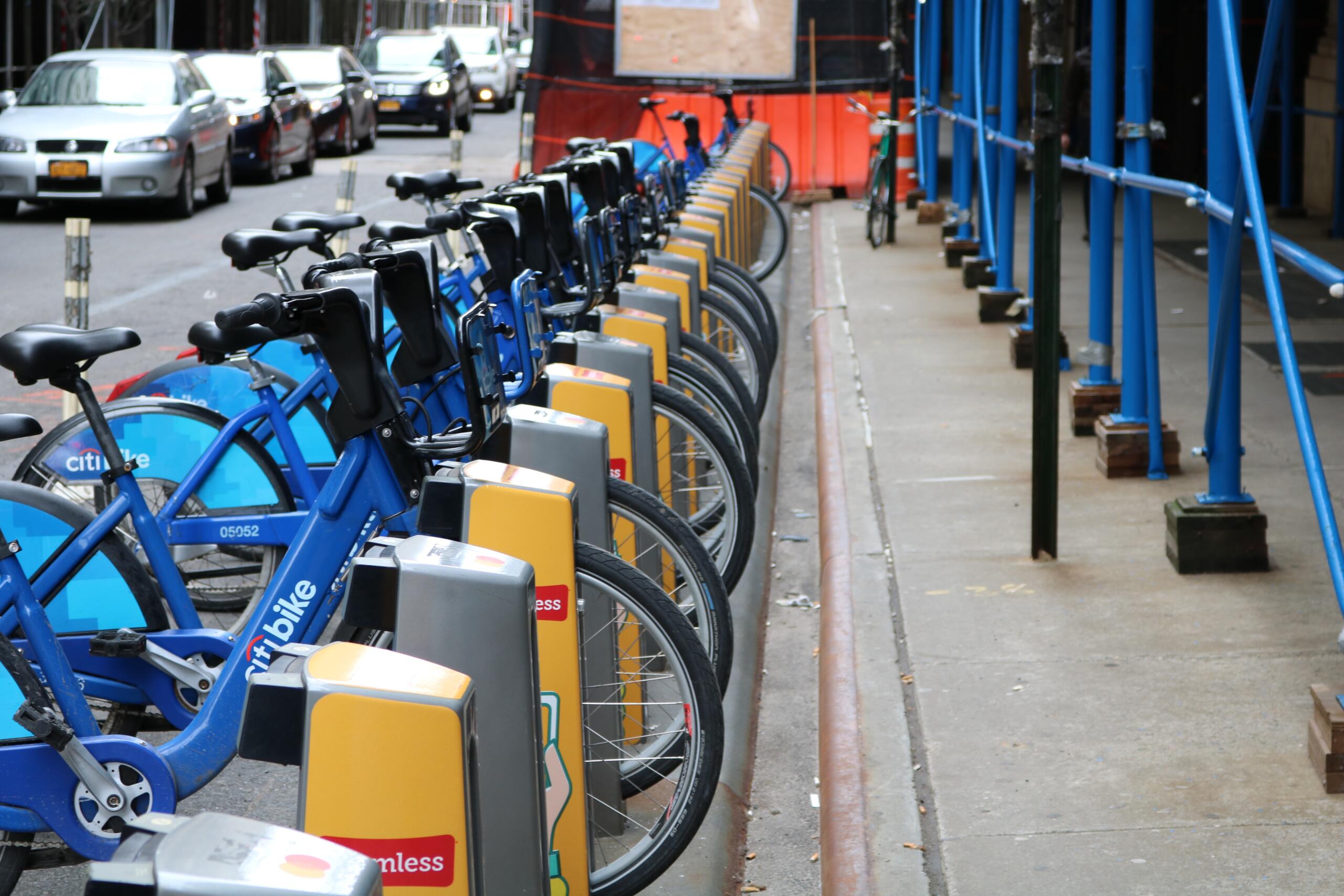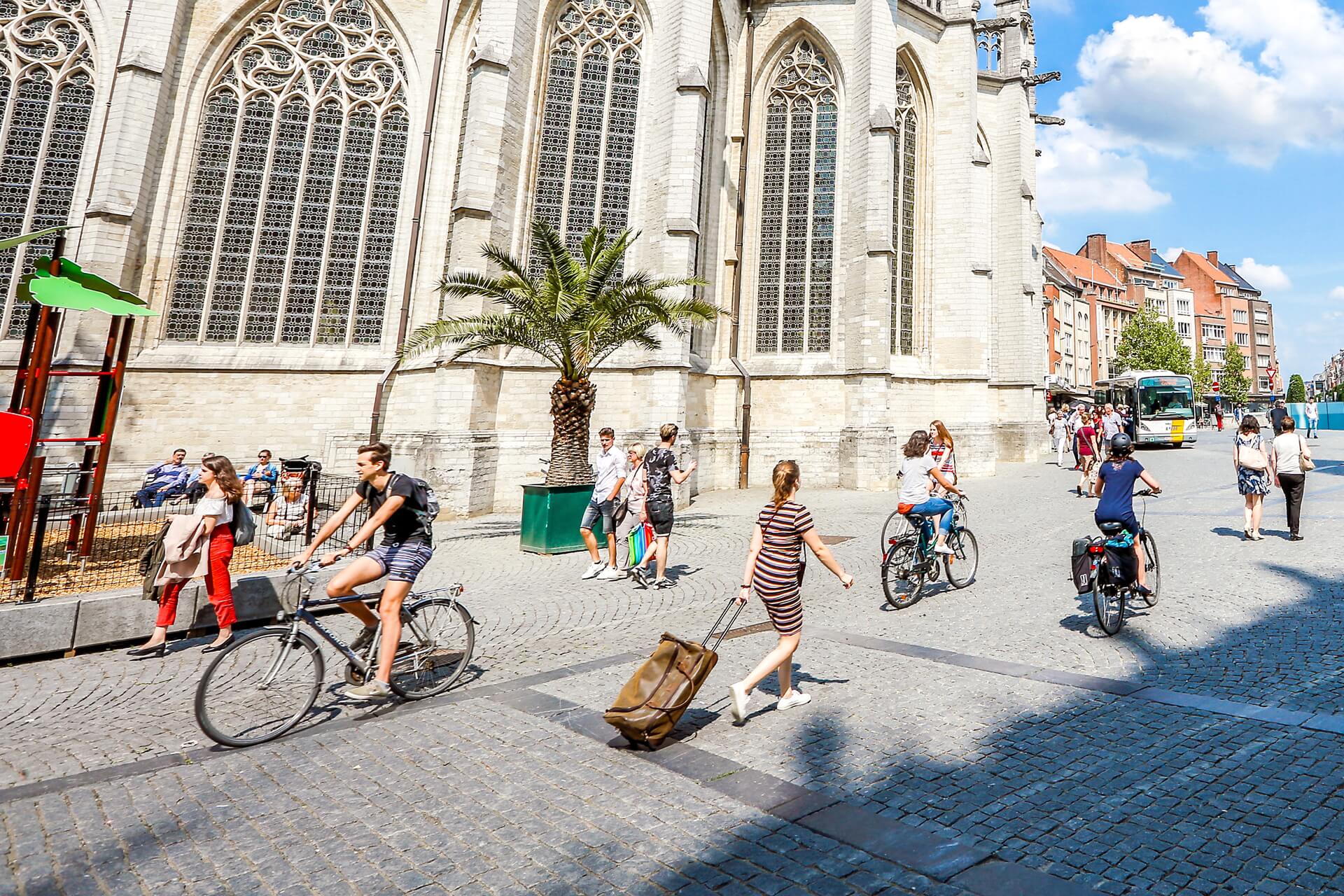Meet KU Leuven: actions, ambitions & the future of urban mobility
This month, POLIS welcomed a new associate member, KU Leuven. KU Leuven is the largest University in Belgium with its main campus located in Leuven and several campuses across Flanders.
To find out more about the university, its work on urban mobility and their visions for the future, we sat down with them to discuss!
How did KU Leuven’s work on mobility and sustainability begin?
KU Leuven has always had a strong research expertise in mobility and sustainability. However, up until recently, this expertise was spread across different faculties and campuses of our university. KU Leuven now wants to pay explicit attention to interdisciplinarity by establishing several new institutes, such as the KU Leuven Institute for Mobility (LIM) and the KU Leuven Urban Studies Institute (LUSI).
The research members of LIM aim to tackle challenges regarding mobility, such as transport infrastructure and public space, logistics, and the health and environmental impacts of mobility. LUSI focuses on city related research, including several of POLIS’ priority topics such as urban planning, the 15-minute concept and citizen engagement strategies.
These two institutes not only support collaboration between KU Leuven researchers, but also actively seek for research opportunities with external partners such as European cities and civil society organizations.
Why is sustainable urban mobility important to the university? How does the university engage in this topic?
 Fostering research on sustainability is one of the key objectives of KU Leuven’s strategic plan. In addition to the KU Leuven Sustainability Council that commits to the Sustainable Development Goals in research and education, research on sustainable urban mobility is encourage via the research lines of the KU Leuven Institutes.
Fostering research on sustainability is one of the key objectives of KU Leuven’s strategic plan. In addition to the KU Leuven Sustainability Council that commits to the Sustainable Development Goals in research and education, research on sustainable urban mobility is encourage via the research lines of the KU Leuven Institutes.
This is highlighted in LUSI’s research line “The Sustainable City” and LIM’s research lines “Circular Economy and Reverse Logistics” and “A Just and Sustainable Transition to a Climate-neutral Society”. Moreover, KU Leuven is also strongly involved in the city of Leuven’s ambition to reach climate neutrality by 2030.
Several members of LIM and LUSI are active contributors to initiatives such as Leuven 2030 Urban Lab, where innovative ideas and projects regarding urban sustainability are being developed.
Which projects are you working on at the moment?
Currently, our members are working on two major European projects on sustainable urban mobility: UPPER and Active Cities. UPPER (Unleashing the Potential of Public transport in EuRope) is a Horizon Europe project for the innovation action call HORIZON-MISS-2021-CIT-02-02 with 41 partners, amongst which the city of Leuven- and of course POLIS!
UPPER aims to spearhead a Public Transport revolution that will strengthen the role of Public Transport as the flagship of sustainability and innovation of mobility in cities, leading the transition towards a zero-emission mobility.

image credit: Mika Baumeister, unsplash
Active Cities is an Interreg North Sea project in which KU Leuven collaborates with the University of Aalborg and the Technical University of Norway, Walk21, RISE and 8 cities: Mechelen, Leeuwarden, Groningen, Aarhus, Bergen, Lund, Hamburg and Lille. This project aims to increases the share of active mobility (walking, cycling) in North Sea Region (NSR) cities for sustainable zero-carbon multimodality, through: human-centric planning of streets, green-accessibility of mobility hubs (train stations, schools) and behavior change, putting citizens (back) at the core.
What is your vision for the future of urban mobility?
We envision a climate-neutral urban mobility in which urban space is shared efficiently and equitably amongst residents, logistics services and visitors. While the 15-minute city drastically reduces mobility demand, multi-modal hubs and mobility-as-a-service systems efficiently allocate the most appropriate transport mode to each mobility requirement.
Active mobility, such as walking and cycling, is considered the default option for short distances, improving both the mental and physical health of citizens.
For long-distant travels or heavy-cargo transport, public transport and electric (automated) vehicles replace fossil fueled cars and trucks. Furthermore, technological innovations and a digitization of urban mobility will enable more collaboration and consolidation of logistics services. Thus, bringing goods to our doorstep (or local delivery hub) with a severely reduced impact on society and the environment.
Its 2030… what does the urban mobility landscape look like?
In 2030, the shift towards zero-emission cities has taken place in the form of a (partly) electrification of the car fleet. Due to new policies and the high investment cost of electric cars, a behavioral and mental change has occurred, in which residents move away from car ownership, and towards mobility-as-a-service systems. Such systems now include a more interconnected network of multiple transport modes, such as (e-)(cargo-)bikes, e-steps and public transport options.
City policies regarding logistics services have pushed many companies to cooperate with one another and experiment with alternative last-mile delivery systems (e.g., city hubs, cargo-bike delivery). Public administrations have started redesigning public space to improve the urban quality of life by reducing the space share allocated to cars.

image credit: Daniel Adams, unsplash
Why did you decide to join POLIS?
Becoming a member of POLIS will allow us to identify collaboration and funding opportunities on a European level for research on sustainable urban mobility. We are very excited to join the working groups as their topics align with the expertise of our institutes’ members.
The timing of our application is also not a coincidence. On 29-30 November 2023, the city of Leuven will host the POLIS 2023 conference. This is an excellent opportunity to present our scientific work to a large audience of urban decision-makers, practitioners, and mobility experts.
What do you hope to learn from other POLIS members?
We want to engage with other POLIS members to identify the key challenges of urban mobility. We hope to establish collaborations and offer our research expertise to come up with solutions to these challenges, together. Learning from best practices in multiple cities can further bridge the gap between theory and practice and increase the valorization potential of our work.
Want to find out more about POLIS membership?
Associate Membership is open to entities which are not eligible for full membership such as associations, research centres and universities with an interest in local and regional transport. We have a range of associate members including CEREMA, Gustav Eiffel University, Breda University of Applied Science, MobilityData... and more!
Find out more about how to join HERE.
